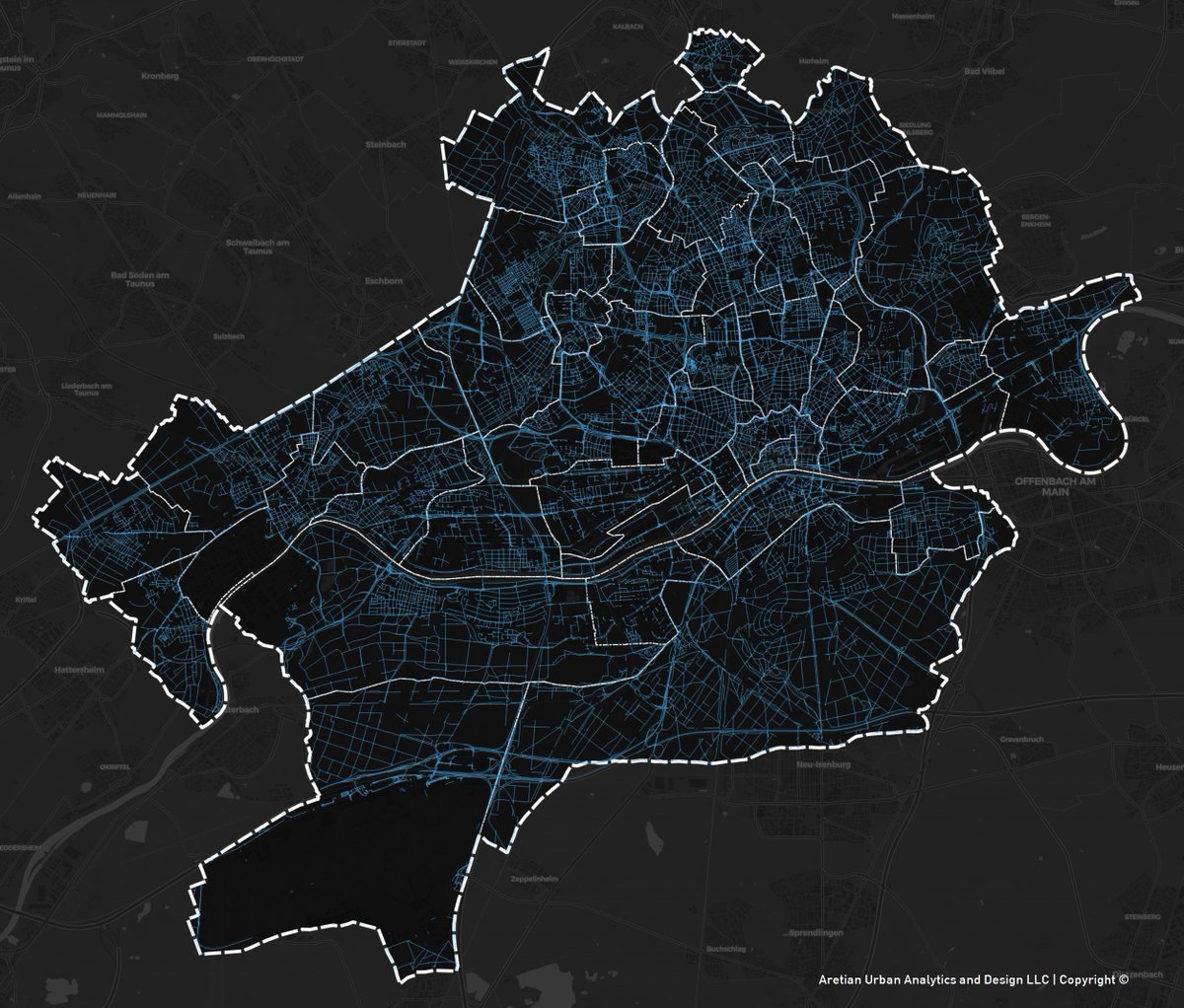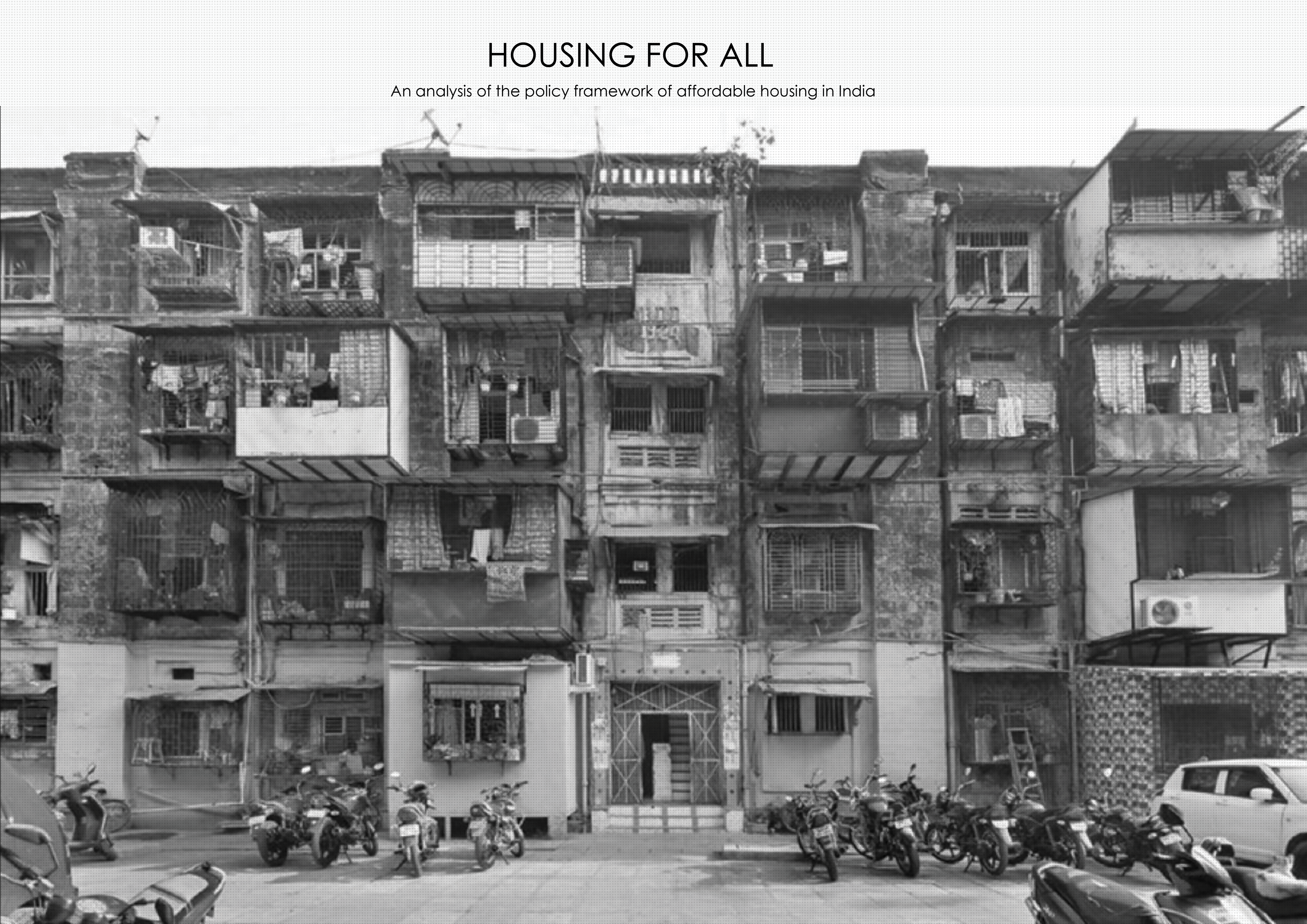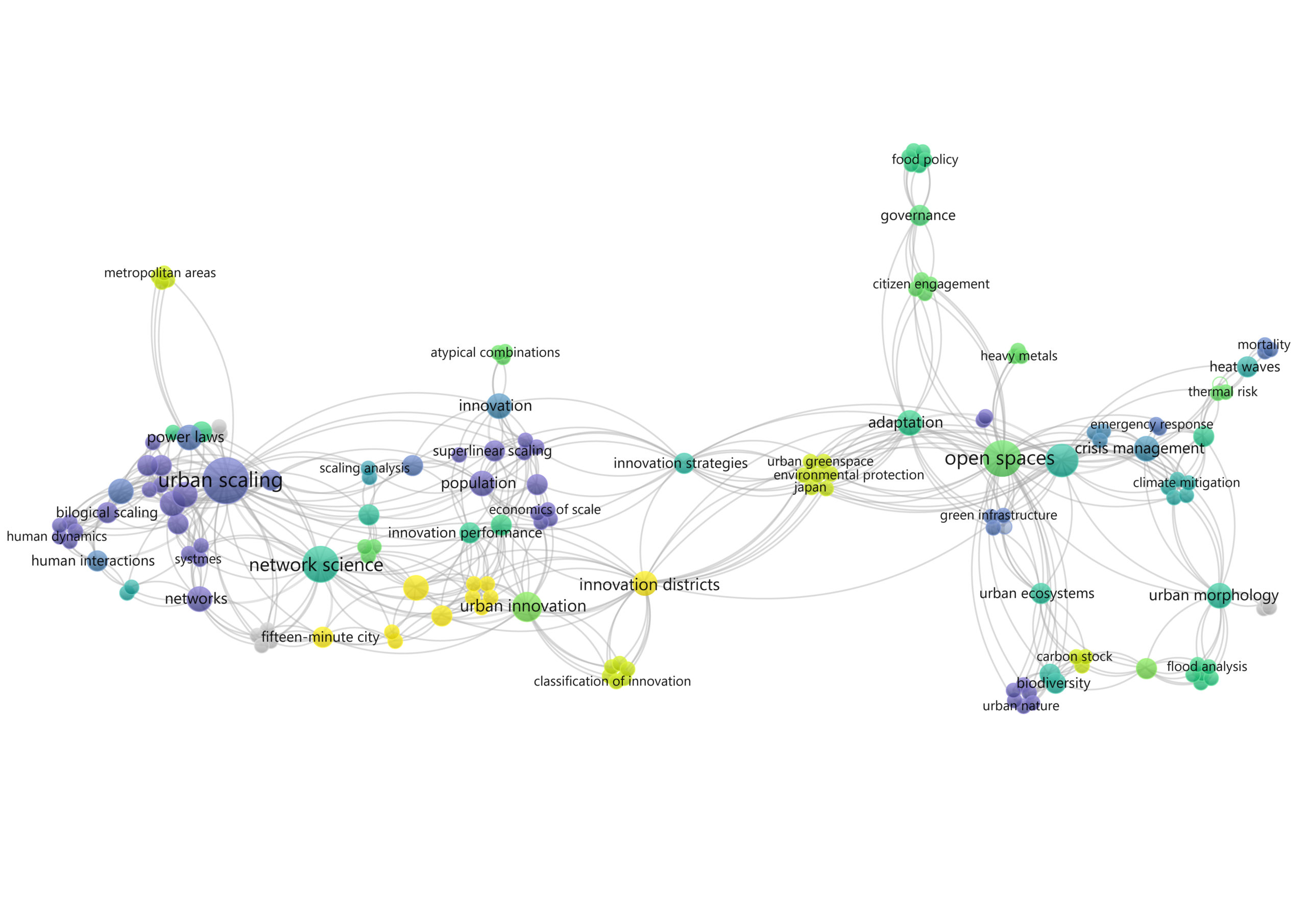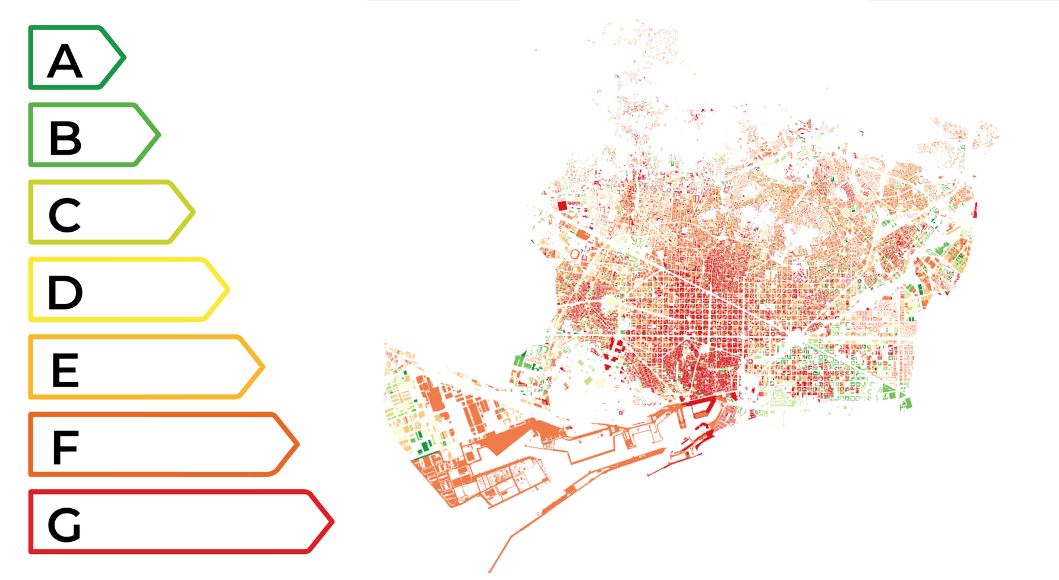
Credits: Aretian Urban Analytics and Design LLC
City Science modeling techniques have acquired a high degree of maturity in recent years. Modeling cities as complex systems enable us today to better understand different urban development patterns and anticipate the impact of different urban design strategies on the quality of life of citizens. By modeling cities both aesthetically and mathematically, we can address problems in the realm of urban design, city planning, mobility systems, managing urban systems, activity zoning and placemaking, regional planning, and economic development, among others.
This course will introduce students with state-of-the-art City Science modeling techniques, through the lens of Design Thinking and Complex Systems modeling. Student teams will select a theme/challenge and city or set of cities and develop a Problem Framing and Project Management Strategy, by means of design thinking, complex systems modeling, storytelling, and geospatial data science and data visualization methodology selection.
Furthermore, every student team will present at the end of the course their City Science problem framing strategy and Project Management methodology. Such an academic exercise could potentially lead to further developments in the context of the academic program.
Learning Objectives
At course completion the student will:
- Acquire an understanding of City Science principles
- Become acquainted with City Science modeling techniques and state of the art
- Learn the main Data Science and Visualization methodologies and their potential applications
- Identify an urban problem and analyze it by means of Design Thinking
- Be capable of completing an Urban Science Problem Framing exercise to address a relevant urban challenge
- Establish a geospatial database creation strategy to address a complex urban challenge
- Present their City Science Problem Framing methodology and Project Management strategy for a specific case study









